- Home
- Beyond the Classroom
- Skills Builder
Skills Builder
Atkinson Road Primary Academy works with The Skills Builder Partnership to ensure every learner has opportunities to build eight essential skills to support them now and in the future.
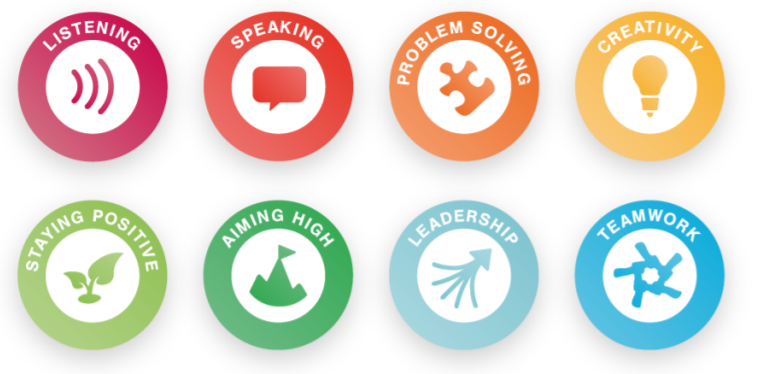
Research has shown that building these eight essential skills can support the children’s motional wellbeing, academic success and prepare them for a life beyond school.
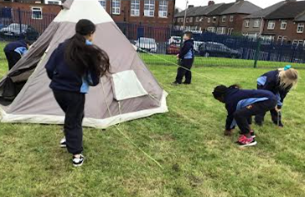 Skills Builder has developed a Universal Framework that breaks each of these essential skills down into small teachable steps. Teachers explicitly teach a new skill every month using high quality resources from the Skills Builder Hub and children have ample opportunities to further practice and master these skills in other subjects, after school clubs, off-timetable days and projects.
Skills Builder has developed a Universal Framework that breaks each of these essential skills down into small teachable steps. Teachers explicitly teach a new skill every month using high quality resources from the Skills Builder Hub and children have ample opportunities to further practice and master these skills in other subjects, after school clubs, off-timetable days and projects.
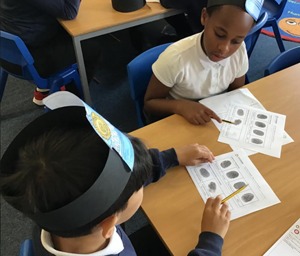
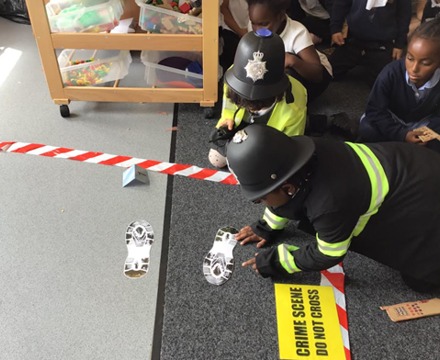
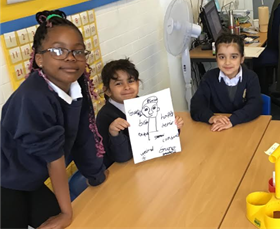 Each year, every child completes a Challenge Day. This year, it was a Crime Scene Challenge Day. Pupils from Early Years to Year 6 used the eight essential skills to find out who stole the chocolate. The children were able to visit the crime scene, gather clues and analyse the evidence before making a decision which fairytale character was guilty.
Each year, every child completes a Challenge Day. This year, it was a Crime Scene Challenge Day. Pupils from Early Years to Year 6 used the eight essential skills to find out who stole the chocolate. The children were able to visit the crime scene, gather clues and analyse the evidence before making a decision which fairytale character was guilty.
Every month children have an opportunity to master a different skill.

What are the 8 essential skills?
 This skill is all about being able to listen effectively to others. When developing this skill, we focus on remembering short instructions, understanding why others are communicating and picking out important information. We then look at how to demonstrate we are listening effectively, thinking about body language, open questioning and summarising.
This skill is all about being able to listen effectively to others. When developing this skill, we focus on remembering short instructions, understanding why others are communicating and picking out important information. We then look at how to demonstrate we are listening effectively, thinking about body language, open questioning and summarising.
 This skill is all about how to communicate effectively with others. This skill focusses on being able to speak clearly – first with a friend and in small groups, and then with those who are not known. The next stage is about being an effective speaker by making points logically, by thinking about what listeners already know and using appropriate language.
This skill is all about how to communicate effectively with others. This skill focusses on being able to speak clearly – first with a friend and in small groups, and then with those who are not known. The next stage is about being an effective speaker by making points logically, by thinking about what listeners already know and using appropriate language.
 This skill focusses on how to solve problems. The first steps focus on being able to follow instructions to complete tasks, seeking help and extra information if needed. The next stage focusses on being able to explore problems by creating and assessing different potential solutions. This includes more complex problems, without a simple technical solution.
This skill focusses on how to solve problems. The first steps focus on being able to follow instructions to complete tasks, seeking help and extra information if needed. The next stage focusses on being able to explore problems by creating and assessing different potential solutions. This includes more complex problems, without a simple technical solution.
 Creativity is the complement to Problem Solving, and is about generating innovations or ideas which can then be honed through the problem-solving process. The first few steps focus on the individual's confidence in imagining different situations and sharing their ideas. The focus is then on generating ideas – using a clear brief, making improvements to something that already exists and combining concepts.
Creativity is the complement to Problem Solving, and is about generating innovations or ideas which can then be honed through the problem-solving process. The first few steps focus on the individual's confidence in imagining different situations and sharing their ideas. The focus is then on generating ideas – using a clear brief, making improvements to something that already exists and combining concepts.
 This skill is all about being equipped to manage emotions effectively and being able to remain motivated, and ultimately to motivate others, even when facing setbacks. The early steps focus on identifying emotions – particularly feeling positive or negative. Building off that is the ability to keep trying – and then staying calm, thinking about what went wrong, and trying to cheer up and encourage others.
This skill is all about being equipped to manage emotions effectively and being able to remain motivated, and ultimately to motivate others, even when facing setbacks. The early steps focus on identifying emotions – particularly feeling positive or negative. Building off that is the ability to keep trying – and then staying calm, thinking about what went wrong, and trying to cheer up and encourage others.
 This skill is about being able to plan effectively. This is about knowing when something is too difficult, and having a sense of what doing well looks like for an individual. The focus is then about working with care and attention, taking pride in success and having a positive approach to new challenges. Building on this, individuals set goals for themselves, informed by an understanding of what is needed, and then be able to order and prioritise tasks and involve others effectively.
This skill is about being able to plan effectively. This is about knowing when something is too difficult, and having a sense of what doing well looks like for an individual. The focus is then about working with care and attention, taking pride in success and having a positive approach to new challenges. Building on this, individuals set goals for themselves, informed by an understanding of what is needed, and then be able to order and prioritise tasks and involve others effectively.
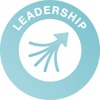 At the early stages of developing this skill, the focus is on basic empathy – understanding their own feelings, being able to share them, and recognising the feelings of others. The focus is then on managing working with others – dividing up tasks, managing time and sharing resources, managing group discussions and dealing with disagreements.
At the early stages of developing this skill, the focus is on basic empathy – understanding their own feelings, being able to share them, and recognising the feelings of others. The focus is then on managing working with others – dividing up tasks, managing time and sharing resources, managing group discussions and dealing with disagreements.
 This skill initially involves understanding how to work with others in a positive way, behaving appropriately, being timely and reliable and taking responsibility for completing tasks. The next steps focus on making a contribution to a team through group decision making, recognising the value of others' ideas and encouraging others to contribute too.
This skill initially involves understanding how to work with others in a positive way, behaving appropriately, being timely and reliable and taking responsibility for completing tasks. The next steps focus on making a contribution to a team through group decision making, recognising the value of others' ideas and encouraging others to contribute too.
These skills are taught during discrete Skills Builder sessions each week, as well as being integrated into all lessons so that children are continuously working on them each day. The language of the essential skills are now part of our school vocabulary and links are made in all parts of the school day, for example assemblies. Children's progress towards mastering these skills is celebrated during the learning review process, where personal successes and next steps are identified.
How to support at home
Skills Builder recognises the vital role parents and carers have in helping their children to build their essential skills therefore it has a free resource platform, Homezone.
From Weekly Skill Challenges, to family activities and guidance to share with older children to access independent tools for their own skill development, Skills Builder Homezone can be enjoyed at a time and pace to suit all families. To further support your child building their essential skills please visit:
www.skillsbuilder.org/homezone
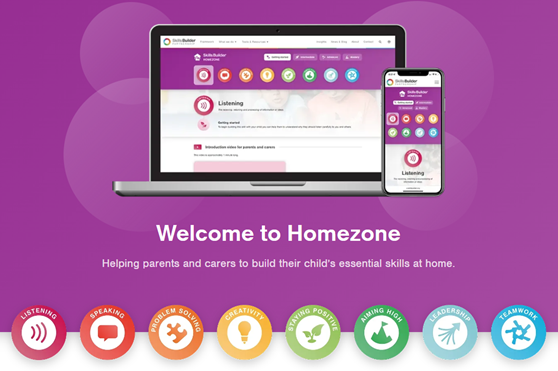
What's next?
We integrate a variety of extra-curricular clubs into our school offer which will directly align with developing the key skills. This will allow children to collaborate with peers outside of their classroom and learn from each other that are directly link to the skills and their progression. We aim to achieve the Gold Award on the Skills Builder programme in July 2024.